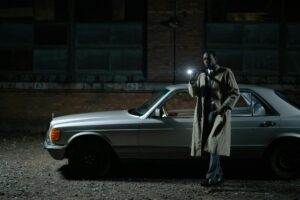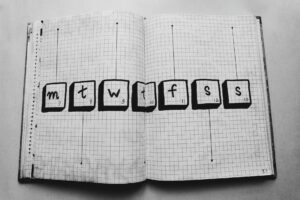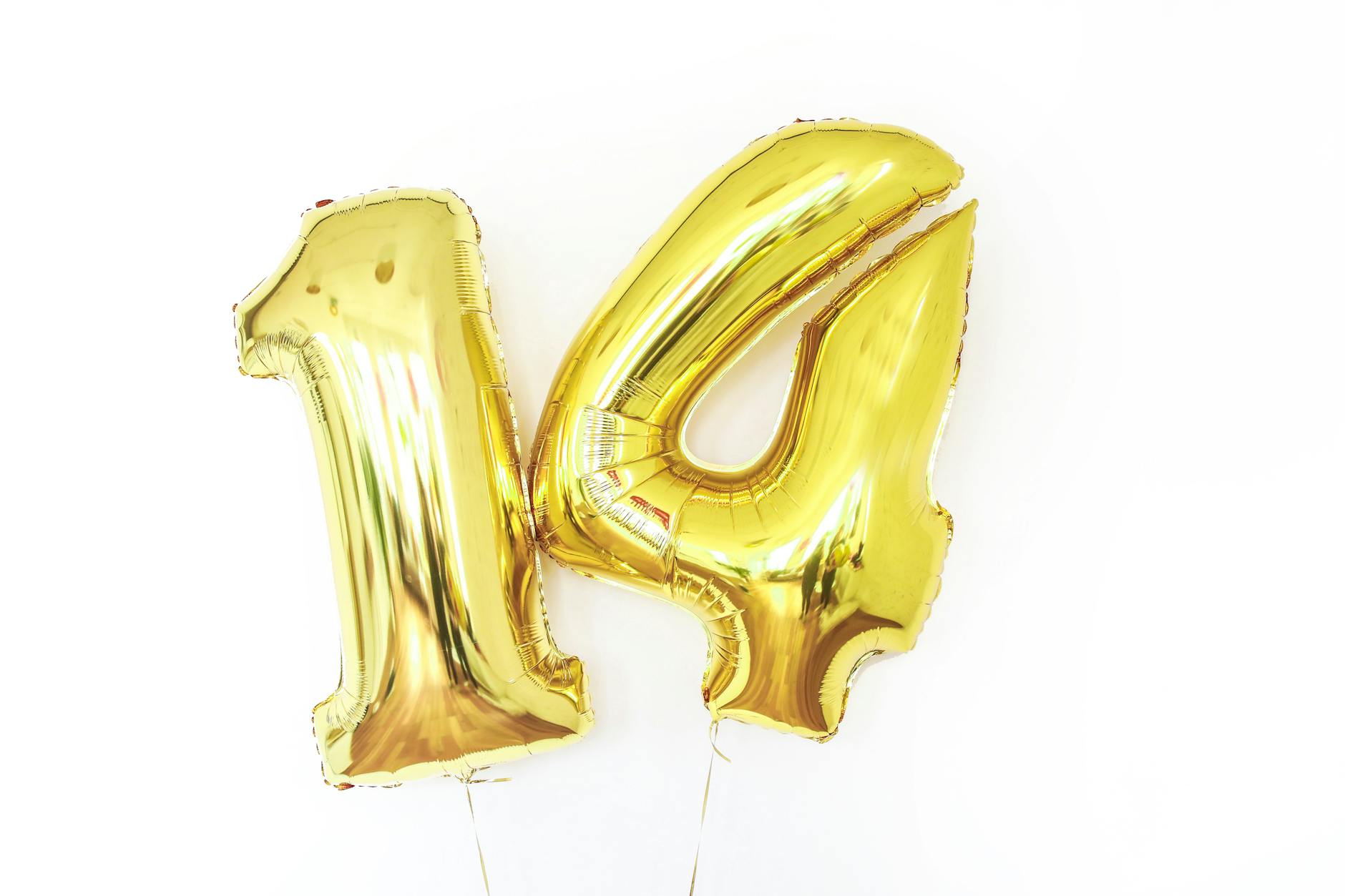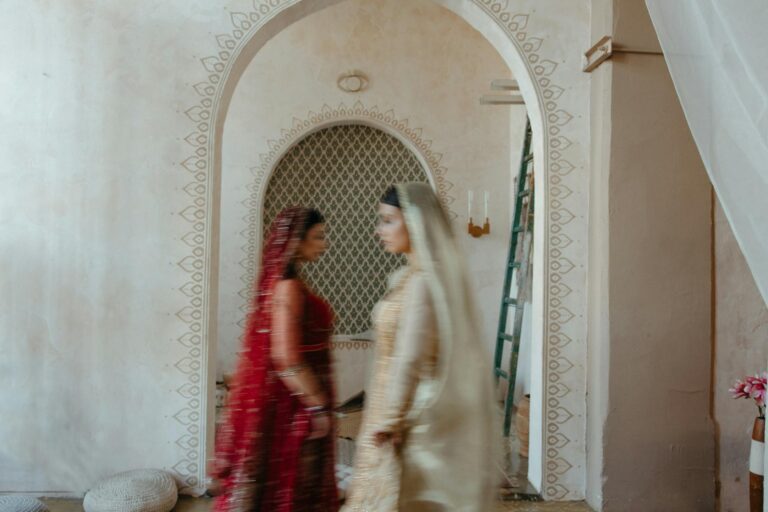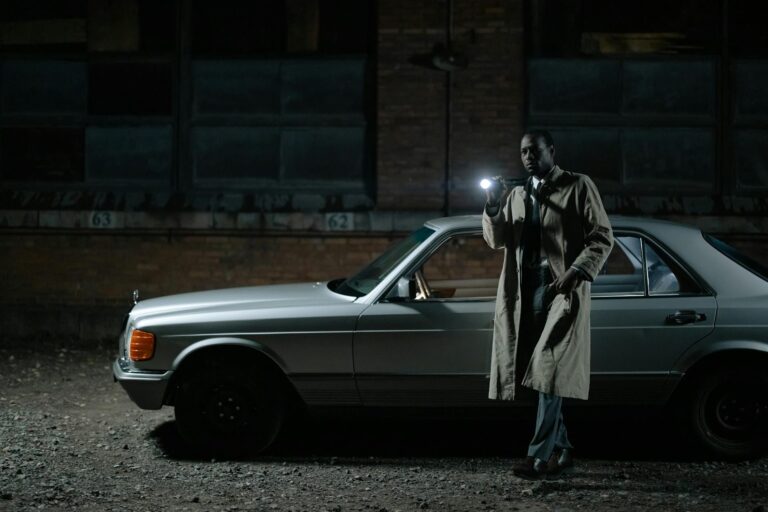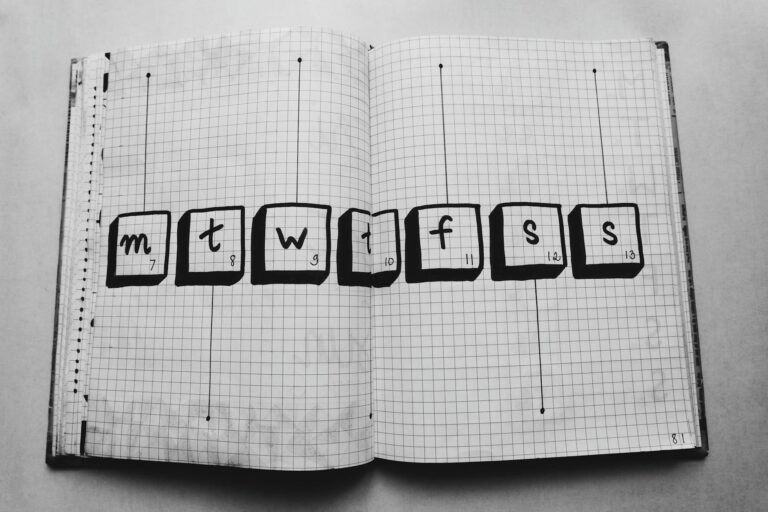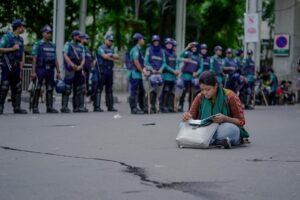Mumbai Serial Blasts 2011: The Day the City’s Heart Broke
July 13, 2011—a date etched in Mumbai’s memory like a scar. Three explosions ripped through the city within 20 minutes, leaving 20 dead and 130 injured. But numbers don’t tell the real story. I remember sitting in my tiny Andheri apartment, watching the news flash on TV, my chai going cold. That’s when you know it’s bad. When even Mumbaikars, who shrug off most chaos, stop in their tracks.
6:54 PM: When Everything Changed
The Attacks Minute by Minute
First, Zaveri Bazaar. A jewelry market so packed you could barely walk. Then Opera House—not some fancy theater but a place where middle-class folks hustled to make ends meet. Finally, Dadar. Not some random choice. The attackers knew what they were doing—hit places where people lived, worked, dreamed. By 7:11 PM, my phone was blowing up with “Are you safe?” messages. Classic Mumbai. Even in crisis, we check on each other.
Why These Spots?
Let me put it this way: imagine attacking a beehive with a stick. That’s what they did. Zaveri Bazaar wasn’t just about gold—it’s where generations haggled over wedding jewelry. Opera House? Full of small businesses barely scraping by. And Dadar—families buying evening veggies when hell broke loose. The cruelty was in the details.
The Aftermath: More Than Just Headlines
The Human Cost
Twenty gone. One was a college kid—first job, first salary, first time taking the train alone. Poof. Gone. Survivors? Some lost limbs, others lost their will to step outside. Ramesh Patel—you might’ve read about him—lost his wife and little girl. Last I heard, he still visits Zaveri Bazaar every 13th, just stands there. Some wounds never close.
What They Don’t Tell You About Trauma
PTSD isn’t just nightmares. It’s the auto-rickshaw driver who jumps at firecrackers. The shopkeeper who keeps counting customers, terrified of crowds. And the cops? One told me off-record: “We carried body parts in plastic bags. Smell doesn’t wash off.”
Money Can’t Fix Everything
The Mehtas’ jewelry stall? Gone. Insurance paid peanuts. “We ate savings for months,” Arvind Mehta told me. Funny thing—terrorists don’t care if you’re Hindu, Muslim, rich or poor. Tragedy is the great equalizer.
The Investigation: More Questions Than Answers
Who Did It?
Indian Mujahideen, they said. But here’s the thing—every terror attack has the same script. Blame some group, arrest a few guys, case drags for years. By 2016, one conviction. Big deal. Sanjay Desai, whose brother died in Dadar, put it best: “Courts give dates, not justice.”
The Uncomfortable Truths
Why were CCTV cameras not working? How did bombs get past local cops? And why—14 years later—do we still debate this instead of fixing it? Mumbai’s like that friend who keeps getting hurt but never learns.
Remembering: Not Just Candles and Speeches
Real Memorials
Sure, there’s a marble plaque at Zaveri Bazaar. But real remembrance? It’s Rajesh Yadav—who drove a taxi then, now trains disaster volunteers. “Helping others helps me breathe,” he says. Or Priya Khanna, who lights a diya at home because crowds trigger panic attacks. Grief is personal.
What Actually Changed?
More cameras, faster ambulances, blah blah. But here’s what matters: watch any Mumbai local train now. See how people glance at unattended bags? That’s the real legacy—permanent suspicion. Is that safety or surrender?
Mumbai’s Spirit? Overrated But Real
Journalists love saying “Mumbai bounces back.” Bullshit. We don’t bounce—we limp forward, dragging our pain. But here’s the magic: next day after blasts, Zaveri Bazaar shops opened. Not brave. Just stubborn. That’s us. Broken but too busy to stay down.
Final Thought
Fourteen years later, survivors still fight for compensation. Families still wait for answers. And Mumbai? We’ve moved on, but not really. Like that old stain on your favorite shirt—you stop seeing it, but it’s there. Maybe the real tribute isn’t memorials, but making sure no other city has to add dates like 13/7 to its calendar.
Source: Navbharat Times – Default
